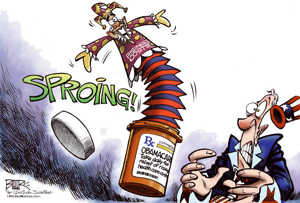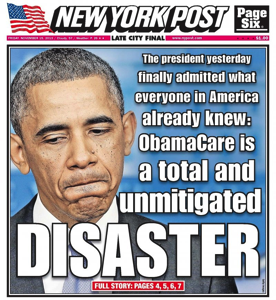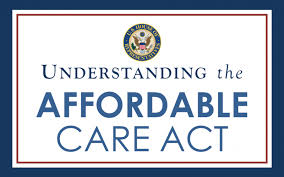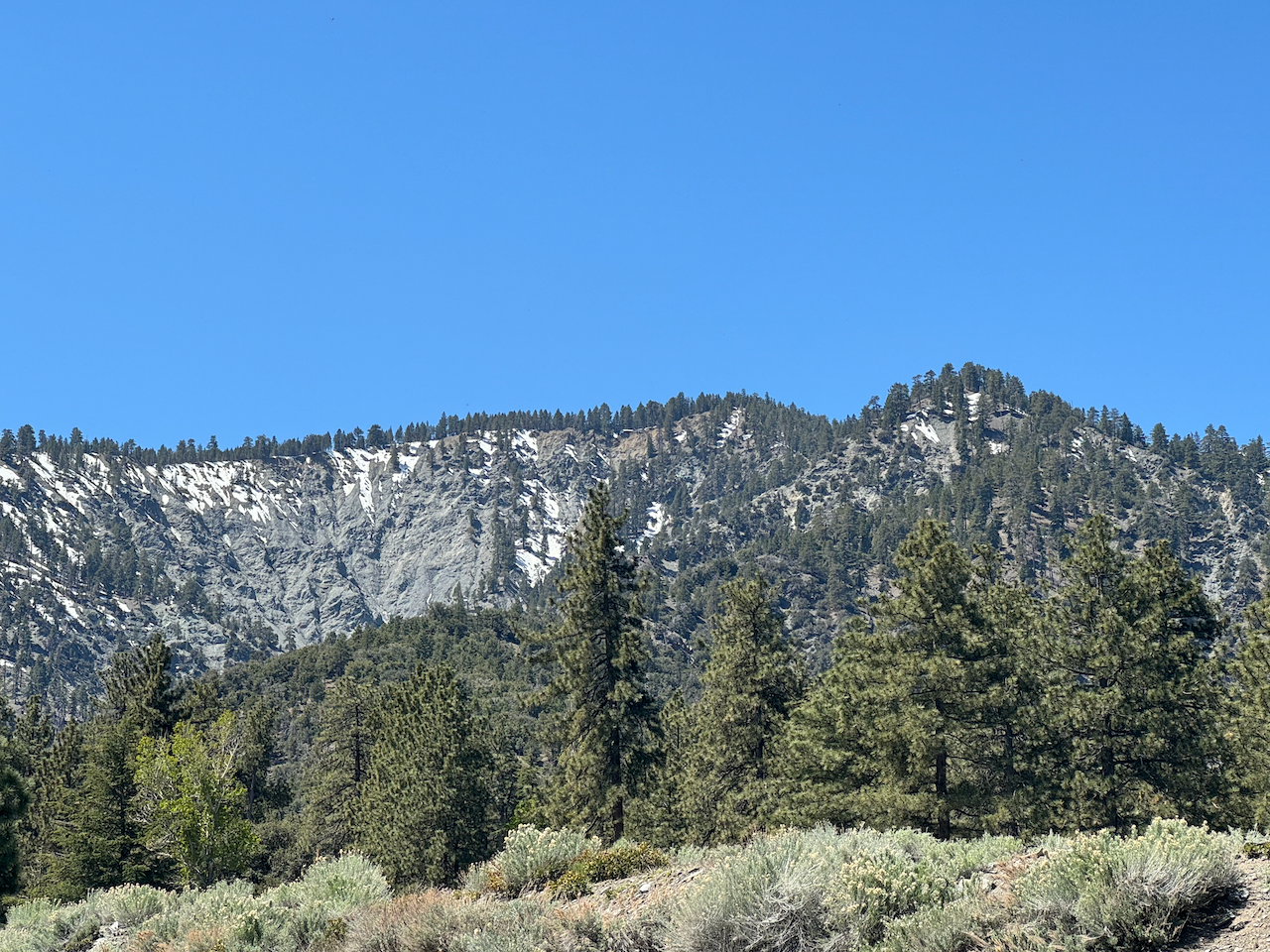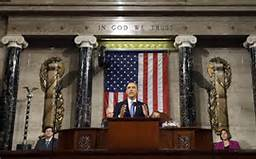
I wasn’t going to comment any more on this Obamacare debacle but each day there are yet more revelations that just cannot be allowed to pass.
In addition, yesterday I got the letter I’ve been waiting for.
My other half got a similar letter last week describing that their group policy was being cancelled as well. We’re both scrambling to figure out if it’s better for us to have separate policies or to combine our coverage.
Apparently, our insurance policies are so called “Crap” policies according to wondrous Obamacare.
I’ve got time until my policy is gone, and I have to figure out what to do.
I spent some time on the phone with the insurance company and I found out a couple of interesting things.
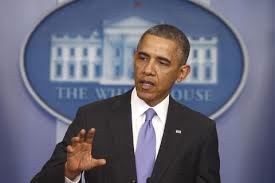
The first is that MY PPO plan may not allow me to go to my Doctor of many many years because he’s in a different county and therefore in a different provider net called EPO.
The implication being that unless you’re very careful you could find yourself having to see only physicians, specialists, and going to hospitals that are in your county if you don’t have compatible provider networks.
I told the lady at the insurance company that if my choice was to go to my doctor OR to have insurance… I choose my doctor, I’ll pay out of pocket, insurance be damned.

How does restricting my coverage to a specific geographical area benefit me? Would I have insurance coverage if I was traveling out of state?
I’ve written before about my preference for doctors whose First language is English.
I have vivid memories of waiting in my Kaiser hospital waiting room in Fontana believing I was having a heart attack, and not hearing a fucking word of English. 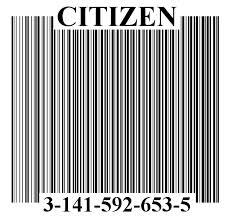
I might as well have been in a hospital in another country. Then when I finally got to see a Doctor (if that’s what he was) I couldn’t understand him due to an unbelievable and unintelligible heavy accent.
He finally called a nurse in who explained in Spanish what was going on.
My Spanish is poor at best, but since I have some scientific grounding I was able to “get” most of the medical stuff that she was talking about because I remembered the rudimentary Latin I’d learned as a kid.
Really?
My only choice was to rely on my understanding of a dialect of Spanish that she wasn’t speaking (Mexican versus Castillian) and routing the medical jargon through a dead language?
My Kaiser plan was cancelled the very next day!
I paid out of pocket for medical care until open enrollment at my company, then I went PPO.
There are those who would say I’m racist.
I disagree! I’m about survival!
If I can’t understand what the doctors or nurses are even saying how can I possible be engaged in my medical care?
If I don’t understand their instructions how can I comply?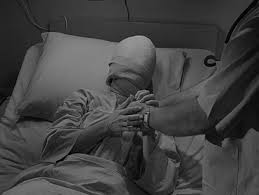 Worse, if these folks don’t understand my complaint how the hell can they make a diagnosis?
Worse, if these folks don’t understand my complaint how the hell can they make a diagnosis?
This is still America, like it or not The Defacto spoken language is English.
I don’t think it’s racist at all for me to insist on speaking the language of my birth, the language I was taught in school, and the language printed on all the streetsigns.
I’m even less charitable when it comes to medicine. The wrong shit, taken the wrong way
CAN KILL YOU!
Now it looks like PPO no longer has the advantages it once had.
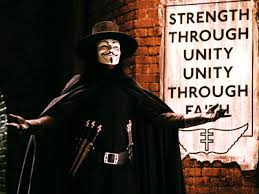
It looks like I’m not alone in discovering a certain “Regionality” to the coverage plans. Reports are cropping up of hospitals and doctors being excluded from networks. Ostensibly this is a cost cutting move. The reality is far more sinister.
If I’m on a Bronze plan, then presumably I’ll be limited to Bronze plan network providers. If I’m on a Gold plan, I’ll be limited to Gold plan providers.
Dollars to doughnuts those lines and restrictions will draw rather stark lines between rich & poor.
The practical application of this could mean that all the poor folks from South LA get sent to Martin Luther King Hospital, which in recent years was on the verge of being closed due to inferior care. The rich folks in the gold plan will be sent to Cedars Sinai.
You want to talk about something hideously wrong? There’s your talking point. Wasn’t Obamacare supposed to be egalitarian?

Obamacare in it’s current implementation lends itself to government sanctioned and enforced Classism.
Taking that thought to an obscene conclusion… Obamacare could enforce and create an underclass of people for whom inferior medical care will be the norm. A “Worker Class” if you will.
The most frightening thought is that this system eventually creates a dystopian world of “haves” and “have nots”.
The “have nots” are disposable and always underperforming because their health problems will be greater in number.
They’ll be absent from their jobs more. Their survival rates after an accident will be lower than their wealthier counterparts.
Leading to elites asking, “ Why spend a lot of time or money training them, they burn out like lightbulbs and are replaced just as easily. ”
I doubt we’ll see this in the next 10 years but what about the next 50? We already have people on both sides of the political aisle who’re telling the American people in effect “ We’re better educated than you. We know whats best for you.” 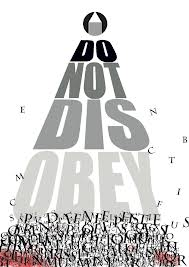
You could argue that to some extent we have this classism now. You’d be right.
However, hospitals must take anyone in an emergency today. A person who needs specialized care, even on the lowest tier of a “Crap” insurance plan typically is allowed to go to the hospital where they can obtain the care they need.
They pay their insurance deductible and 20%, 30% or 40% of the treatment bill and that’s it. Yes there’s a financial hardship component to this system, there is no denying it.
Being OUT OF NETWORK means that even with insurance, I still have to pay 100% of the specialist bill. This is not an improvement over the current system. In fact, this is beyond reprehensible.
When someone manages to explain how this works to the poor, Obamacare and the presidency of Obama will be over. The Presidents already low approval ratings could well drop to zero (That would be interesting to see from a historic perspective.) Any Republicans or Libertarians reading? Here’s your chance, to engage across class boundaries.
Then as I pulled at the frayed threads of the new policy offering I discovered this…
My monthly payment will probably go up, as will my deductible. My RX coverage even for Generic drugs will be reduced or eliminated.
WTF? I thought Obamacare was supposed to make insurance more affordable – not less.
I think that Obamacare will break the back of the insurance companies and the medical profession.
When the experiment is finished we’ll all be worse off than before, and Americans may well be dying in their beds from simple treatable illnesses because they can’t afford the costs of insurance AND treatment.

Then I think about the Obamacare web site and my head explodes again.
I’ve worked in Banking, and Mortgage Insurance. We, and by “We” I mean relatively small groups of developers, testers and analysts built systems that facilitated the earning, control, or transfer of literally BILLIONS of dollars per year.
It was not uncommon for the teams I worked in, to have 4 major projects per year and those projects interacted with customers and in many cases various governmental agencies.
For someone in my position, my head explodes with each new revelation about the manner in which the Healthcare.gov website was created, If ever there was an excuse to fire a group of people this is it.
Best practices for web design and implementation are printed in books, available from Amazon, Barnes & Noble, and Apple. The first two vendors will sell you the books as a set, in hardcopy. You may not know how to code a website… but you damn sure can learn how to manage a website project.
This is not new technology, webs sites, and e-commerce sites are well understood and there are literally millions of people in this country with the correct expertise for a project like Healthcare.gov.
Many of the people with this expertise are/were unemployed!
The revelation this morning was that as much as 60% to 70% of the backend of the Obamacare site hasn’t been written.

Screech!!! Wait! What!
Primary accounting functions, Transaction functions haven’t even been written!
So what HHS is saying, is the website that has been broken from day one… doesn’t actually connect the user to the insurers is a really useful way?
Yet to interact and shop on the site you have to enter all kinds of personal data, Then the site is incapable of taking the consumers payment information, supplying the insurer with that payment and applying the subsidy if applicable?
REALLY???? 
What the hell? Just what have these contractors been doing for the past 3.5 years?
I know exactly what they’ve been doing…
The various contractor groups and the HHS Department have been involved in a clusterfuck of inter-office politics. No-one was in control, yet everyone thought they were top dog.
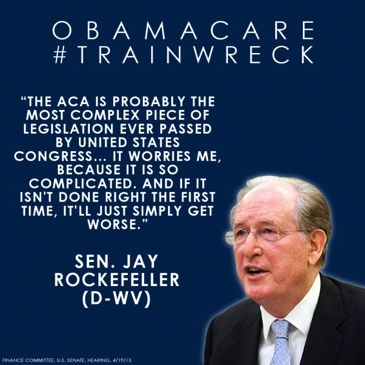
Every one curried favor and allies and then tried to figure out who’s was bigger.
All the while saying that they were tightening budgets and hiring people who met EOE regulations even though the people they hired weren’t the best people for the job.
But there were no specifications about what the freaking website was supposed to accomplish and how.
There were probably people like me asking why? Those folks were shusshed and told that they didn’t understand the process.
There were endless reports written, powerpoint presentations given and lots of self congratulatory back slapping.
Meanwhile the specifications were too specific about irrelevant issues like the manufacturer of the resistor at location g239 on board 12 of the servers being used to host the website. And not specific enough about what the button on the screen labeled “Submit” was actually supposed to do.
The folks like me were probably pointing out, in corporate America that heads would be rolling down the hallways.
The govt contractors and employees all just looked at them astounded. The fundamental disconnect is that for govt workers the reams and reams of paper reports that no one reads, and endless uninformative powerpoint presentations and meets ARE working. Even though these activities rarely get things done.

The people actually doing the work were no doubt left to guess at what the government wanted, and how it was supposed to work.
Then every six months, there would be a change in direction that required the programmers and technical people to start all over again.
That’s why we have a simple website that’s all but useless.
That’s why our government has pissed through a BILLION dollars and has a site that looks like a Junior High School kid built it.
That’s why we’ll spend another billion to get it right.
Every single one of those people in government who were in control of this whole ACA (Obamacare) abortion… should be thrown out on the streets.
Set an example at the ballot box.
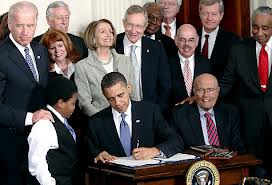
Demand that your congressman take action and start firing, or impeaching, or recalling these people.
Whatever it takes it’s time to clean house and start fresh.
I can’t promise I won’t write about Obamacare again.
I’ll try not to.
